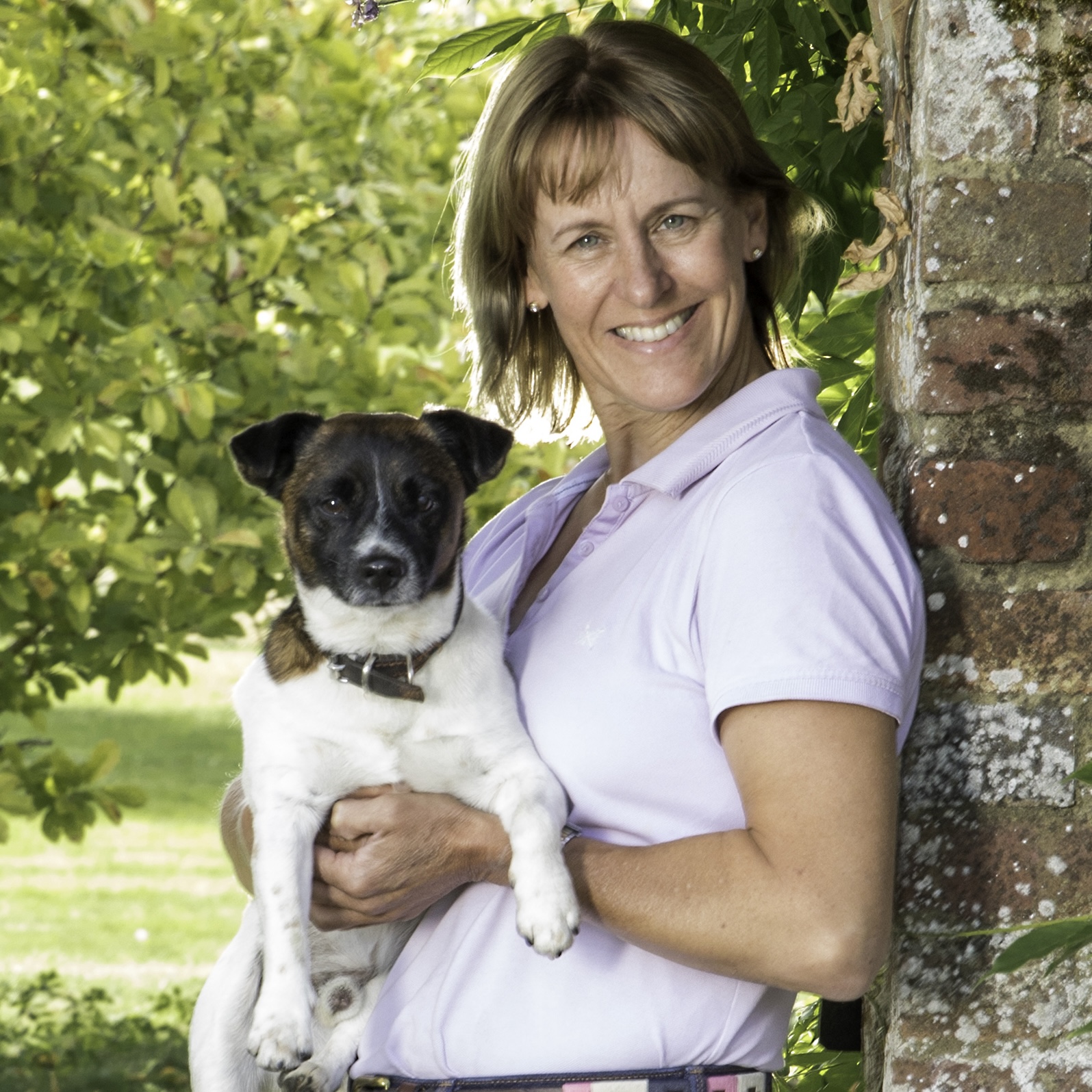'It was Labour that ushered in chemical-driven agriculture: it must be Labour that puts that legacy to rights'
The countryside is supposed to be a mess. It's time to farm alongside nature, rather than against it, says Agromenes.
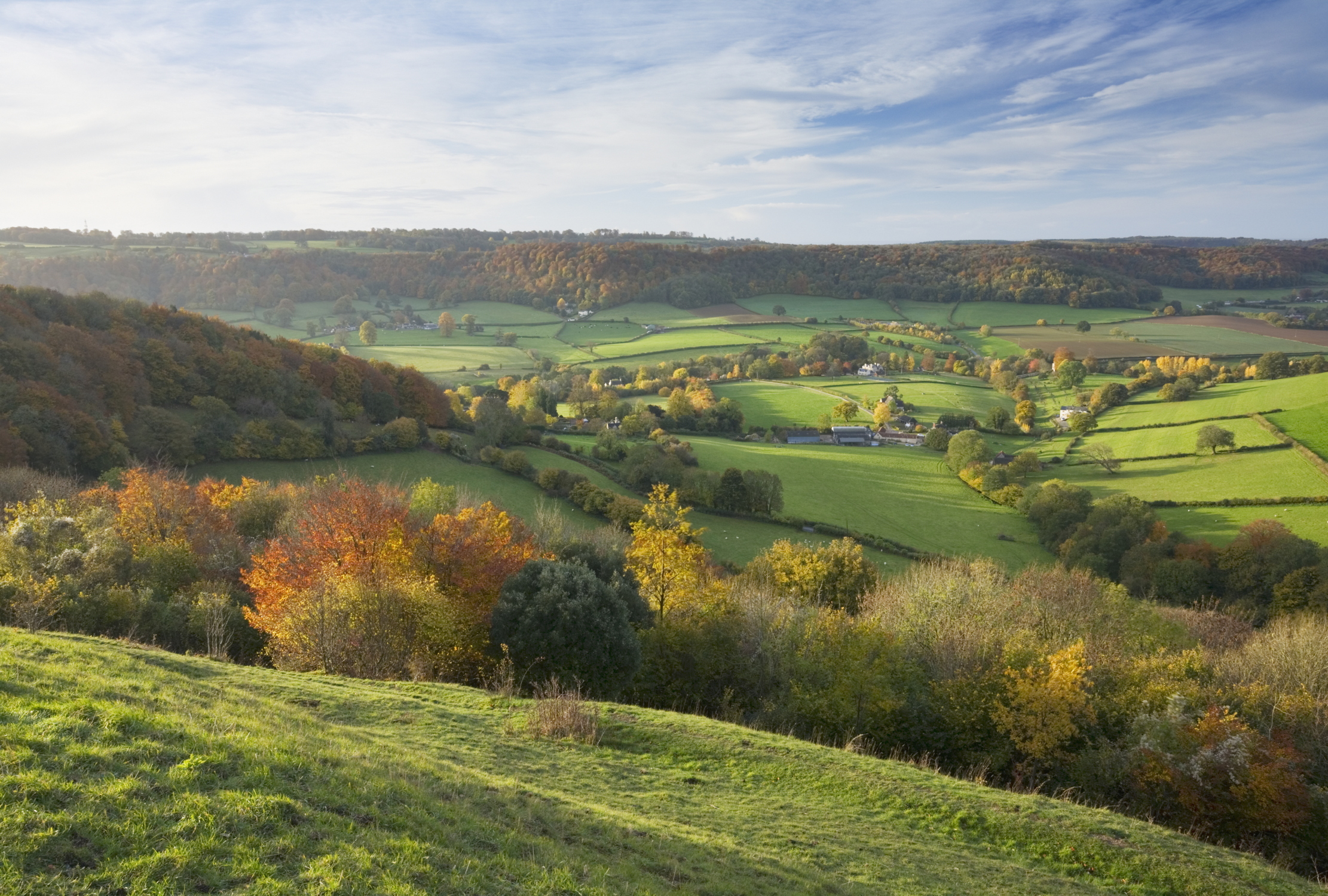

There is a quiet revolution under way in the countryside and it will make Britain more untidy. It insists that Nature is not well-ordered and controlled, but fully measured and running over. Neatness is the enemy of Nature. A well-manicured hand may be the sign of a gentleman, yet manicured land is not the mark of the countryman.
Fulsome hedges and long grass, wild patches and overgrown corners give life and fecundity to the sterile fields by which so much of rural England is now occupied. This is the alien landscape that we have created since the Second World War and it’s that which regenerative farmers seek to change as they work to produce food without destroying the natural order of things. There is nothing prescriptive about this growing movement. It isn’t a list of dos and don’ts, but rather a way of looking at the land — seeing the soil as our most valuable inheritance without which we wouldn’t eat.
For too long, we have treated soil like dirt — seemingly unaware that chemicals don’t feed it, they exhaust its goodness. There have, of course, been prophetic voices that warned against this blindness. Chief among them was Lady Eve Balfour whose seminal work, The Living Soil, was published as far back as 1943.
Sadly, the agricultural establishment was unimpressed and, in 1947, Labour’s Agriculture Act set Britain firmly on the road to industrial farming, by ripping out our hedges and deploying chemical fertilisers, pesticides and herbicides to increase farming productivity to unexampled levels. As Britain’s Deficiency Payments morphed into the Common Agricultural Policy, our farming subsidy system continued to boost productivity and it became the accepted doctrine that chemistry had solved our food production problems.
'With big machinery, huge fields and record production, it seemed that all was set fair. Except it wasn't'
Our only concern was that we might have become too successful. Instead of shortages, we had to cope with ‘butter mountains’ and ‘wine lakes’. From Tom Williams to Peter Walker, Agriculture Ministers of both of the main political parties were wholly convinced that the future of food production was in this modern scientific, chemically based agriculture and that the theories of its opponents were all ‘muck and magic’. With big machinery, huge fields and record production, it seemed that all was set fair.
Except it wasn’t. It turned out that Lady Balfour was largely right. We had ignored the warning signs. Weeds were beginning to be resistant to the weed killers. Pollinators were disappearing. New pests were emerging. The fertility of the soil was declining and the insistent growth in productivity was beginning to fail. People started to see things in a much more holistic way and the dramatic changes in the natural world worried them.
Losing 60% of our flying insects in a mere 20 years didn’t seem right. The state of our rivers, the loss of fish and the decline in so many water-loving species sounded the alarm. Butterflies and birds, bees and moths — all were seen to be threatened. We missed the wildflowers and even the most urban began to notice the changes in the countryside. Mind you, they hadn’t helped. One third of urban front gardens had been paved so that insects lost their habitat and the water no longer drained away.
Exquisite houses, the beauty of Nature, and how to get the most from your life, straight to your inbox.
Fortunately, all is not lost. Real change has been forced upon us as more and more recognise the chemical route isn’t working. Black-grass and flea beetle have challenged the assumption that we can always protect our crops. Floods and storms have shown that hedges and copses have a use. Falling fertility has demanded that we begin again to nurture our soil. Farmers are ready to change. It is an opportunity that this new Government must not miss. It was Labour that ushered in chemical-driven agriculture: it must be Labour that puts that legacy to rights.
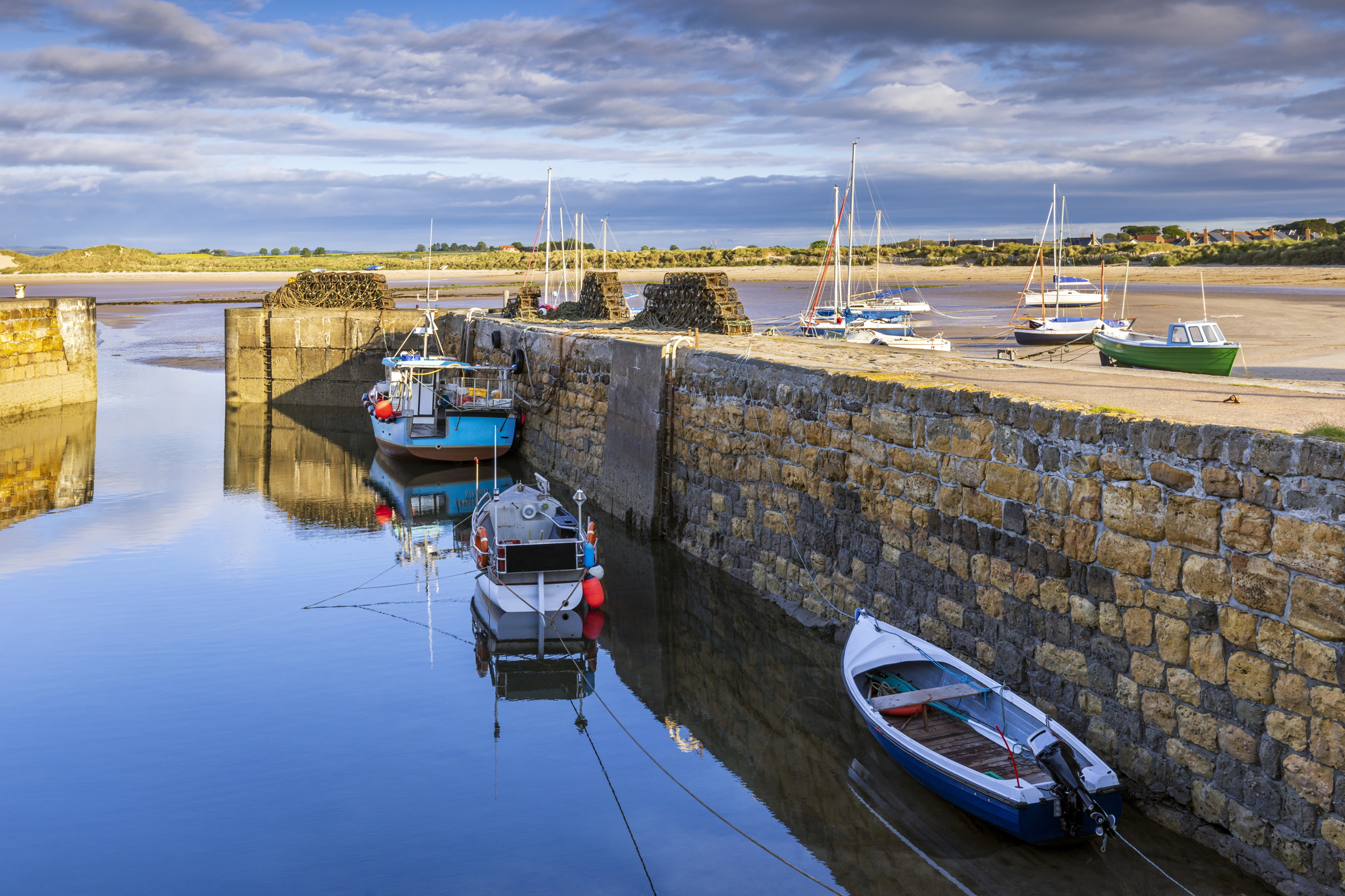
Patrick Galbraith: 'For a couple of hours, I was part of a rich culture that will soon be lost'
Our columnist travels to Northumberland to 'long net' for sea trout, and laments the slow decline of a heritage craft.
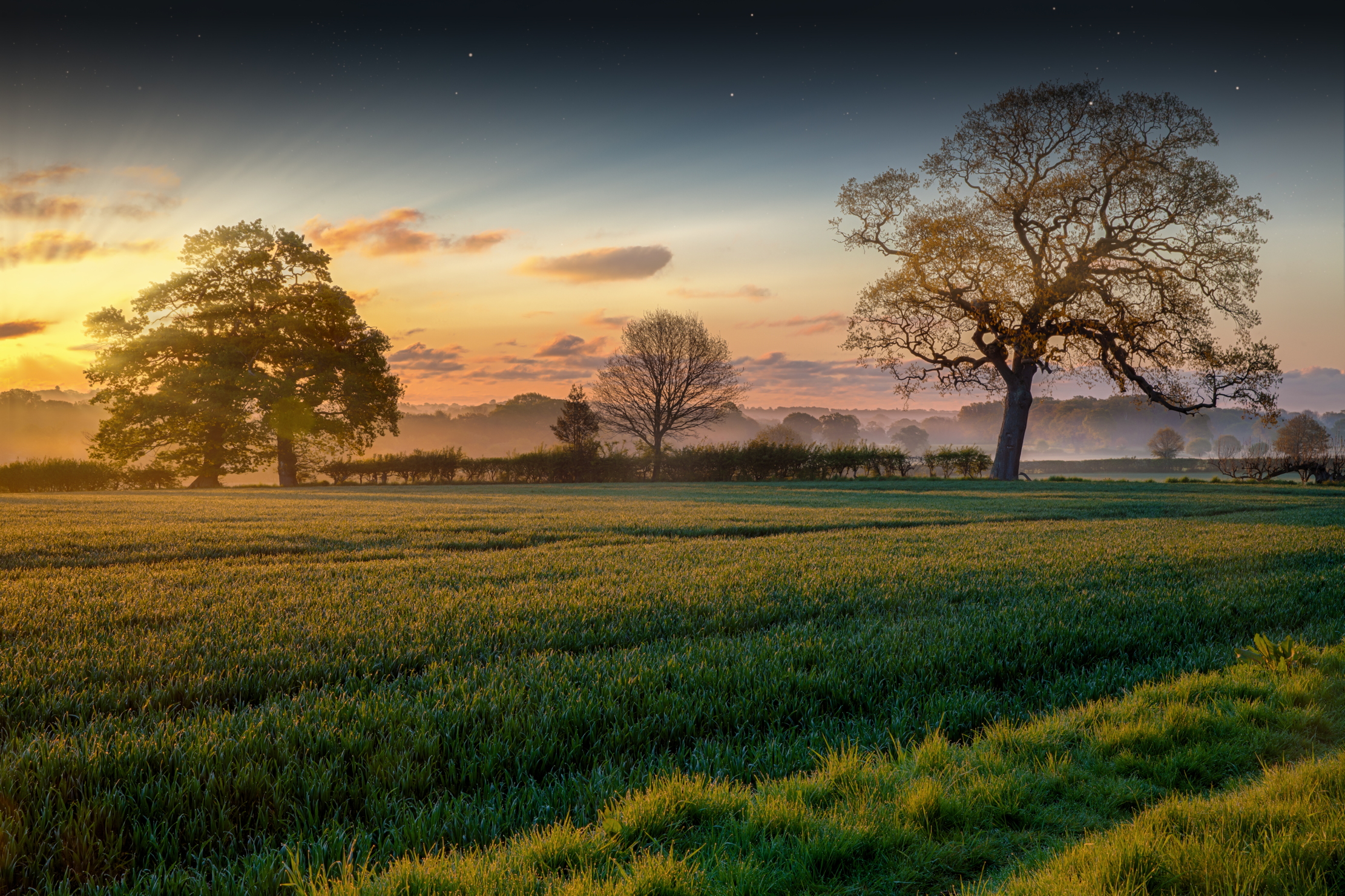
Credit: Simotion via Getty Images/iStockphoto
To Oliver Walston: A visionary, a farmer and a friend
Carla Carlisle writes of her friend Oliver Walston, who was often known for 'thinking the unthinkable and saying the unsayable'
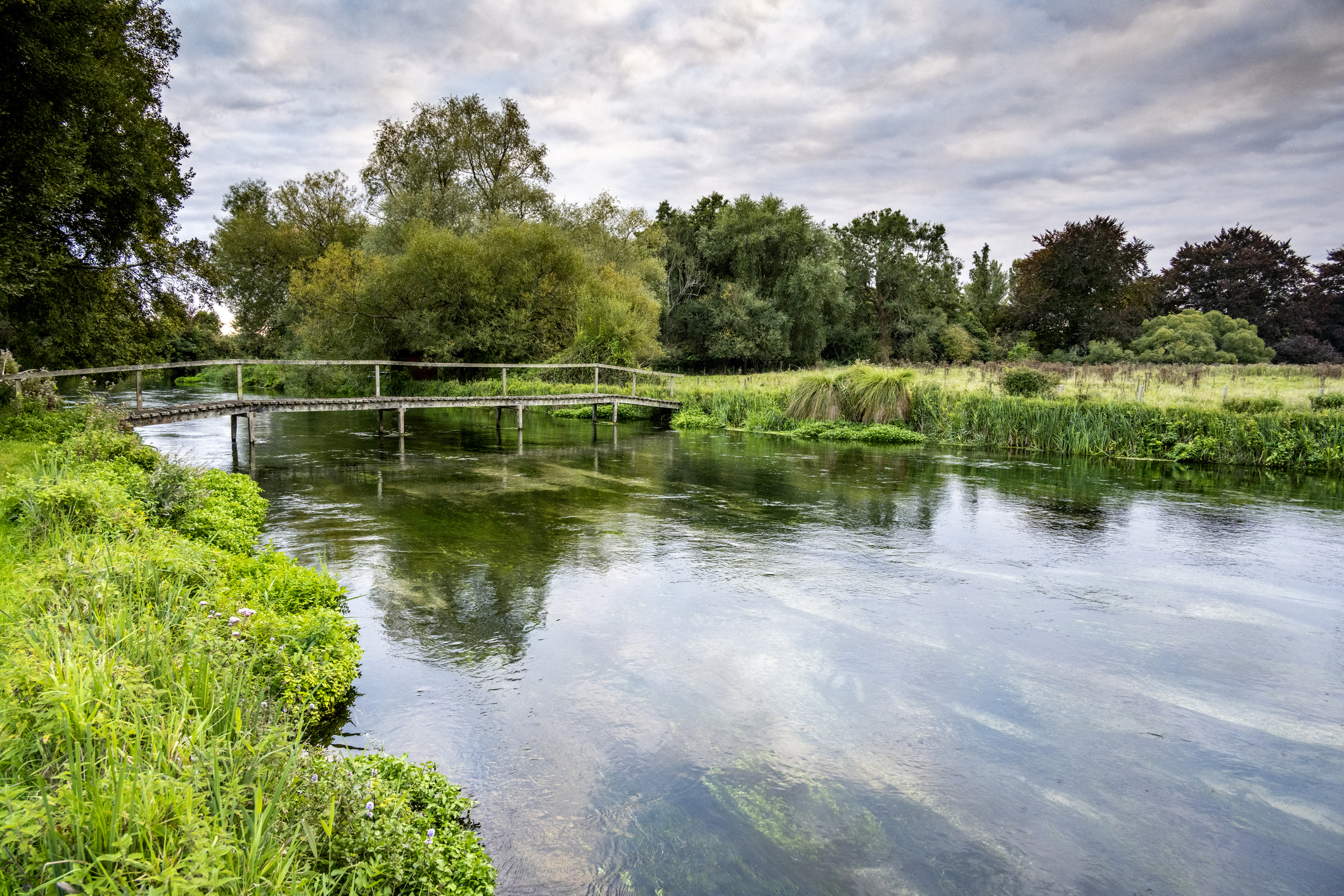
'We are in the midst of a sewage scandal and the natural world is paying the cost'
Country Life's leader article takes aim at the mess in the water industry.
Baroness Minette Batters is a crossbench peer and a former NFU president. She runs a beef farm and rural business in Wiltshire.
